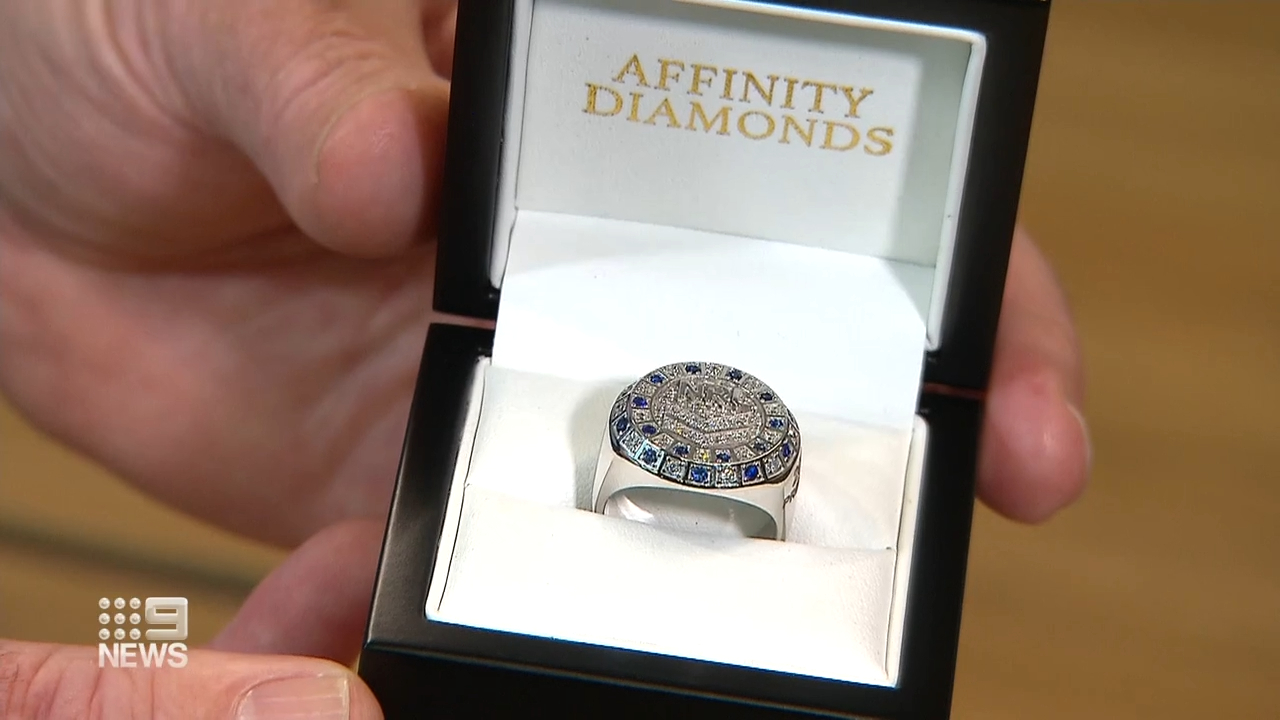The NRL is pushing for hair follicle testing for illicit drugs following in light of recent video involving Melbourne Storm players.
A second video of a shirtless Munster dancing on a table top subsequently emerged in the same week that New Zealand Warriors rookie fullback Reece Walsh confessed to using cocaine after being arrested by police on the Gold Coast over the weekend.
READ MORE: Gallen's warning to NRL stars amid new scandal
READ MORE: David Warner dropped by IPL team
The NRL and the Rugby League Players' Association have agreed to review the game's illicit drugs policy under the collective bargaining agreement, with the game's governing body keen to introduce hair follicle testing, which can detect substances like cocaine up to three months after ingestion, The Sydney Morning Herald reports.

Traces of cocaine usually disappear between one and four days in a standard urine test. Hair testing of racing animals began in Queensland last year, while the AFL uses the method to detect drug problems in their players.
"We're looking for hair testing and that is part of the consultation process," ARL Commission chairman Peter V'landys said. "Hair testing is the one that captures it for days or weeks or possibly months."
READ MORE: 76ers ready to start season without Simmons
Under the current illicit drugs policy, players are afforded three strikes; a warning for first offenders, a 12-match ban for a second strike and deregistration for a third. The RLPA would need to agree to any changes in testing protocols for league players.
"We're certainly not opposed to testing, as we've made it clear players are the only stakeholders in the game who do put their hand up to be tested," said RLPA chief executive Clint Newton.

"It demonstrates that players are leaders in that space. They understand testing is necessary for a range of reasons including accountability, as well as helping and supporting players who put themselves in that type of situation.
"We haven't had anything presented to us around hair testing. There are a number of challenges around that, but the door is always open to have that conversation around anything to do with this space."
It's understood some clubs are concerned about recent changes to the World Anti-Doping Agency code, where the ban for an out-of-competition positive test to "'substances of abuse" was cut from two years to one month if it isn't deemed performance enhancing.
Earlier this year, The Herald reported just one-percent of players provided positive tests.
For a daily dose of the best of the breaking news and exclusive content from Wide World of Sports, subscribe to our newsletter by clicking here!
Leave a Reply
You must be logged in to post a comment.